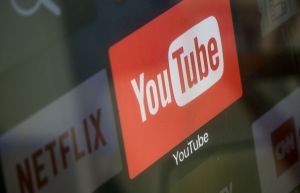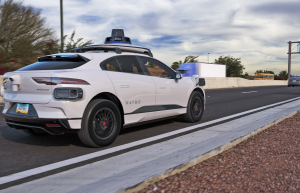Therapy for epilepsy patients may soon be possible with music, a new study from experts at the Ohio State University said during an annual psychologist convention. At least 80 percent of epilepsy patients experience temporal lobe epilepsy, where seizures are triggered from the temporal lobe in the brain. This is the same region where the brain also processes music through its auditory cortex, and researchers looked into its connection.
They saw how the brain of a person with epilepsy reacted to music, while the study authors also compared their findings with that of a person without any epilepsy disorder.
With 21 patients to gather data from, they continually monitored the subjects' brain activities from September 2012 to May 2014.
"We believe that music could potentially be used as an intervention to help people with epilepsy," said Christine Charyton, one of the researchers from the Ohio State University Wexner Medical Center, according to the press release.
In their study, researchers had the subjects listen to different types of music at random and discovered that classical music, such as Mozart's concertos, as well as jazz music, delivered higher levels of brain activity in a person with epilepsy. The brain waves also tended to be more synchronized with these types of music in the temporal lobe.
"We were surprised by the findings. We hypothesized that music would be processed in the brain differently than silence. We did not know if this would be the same or different for people with epilepsy," said Charyton.
The study, however, doesn't suggest that actual therapy for epileptic patients be replaced by music therapy alone. But Charyton said that music can bring novel ways to help tone down seizures for patients.
The findings were published via the American Psychological Association.
© 2025 HNGN, All rights reserved. Do not reproduce without permission.








